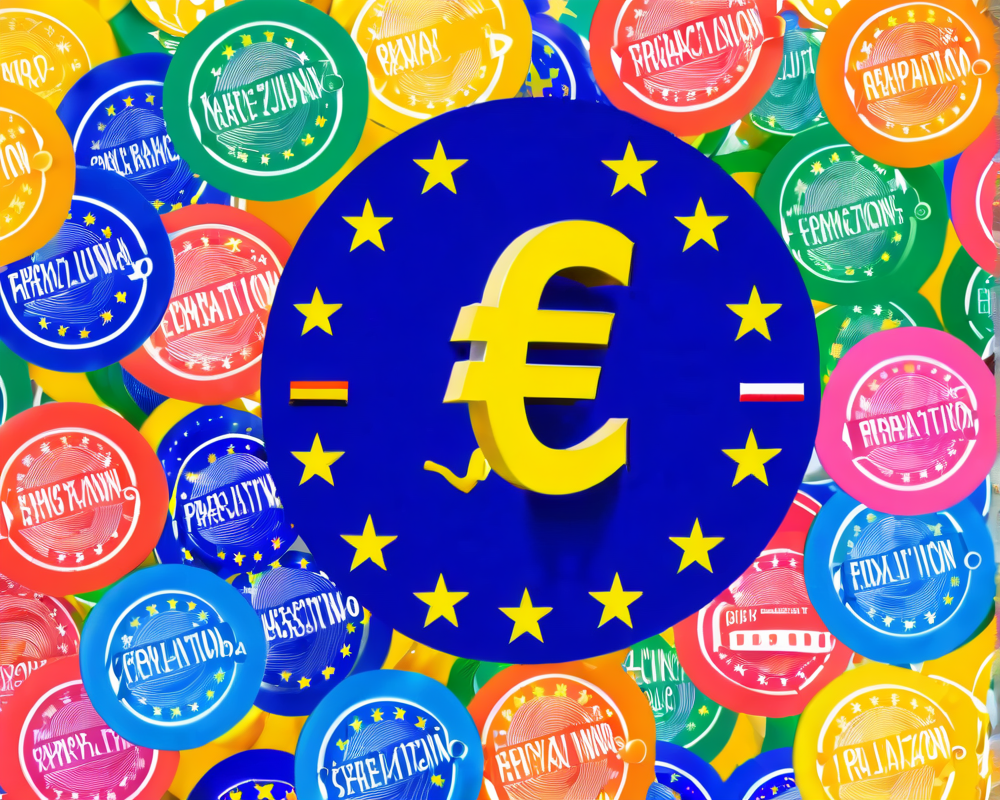Clarity in Digital Euro Accounts
On October 18, 2023, two prominent European regulatory bodies came together to voice their thoughts on the proposed digital euro, a brainchild of the European Commission’s initiative first unveiled in July. One major point touched upon by the European Data Protection Board and the European Data Protection Supervisor is the need for clarity concerning how much of this digital currency an individual can hold. The proposed draft suggests creating a centralized access point for the personal data of users, but regulators recommend a thorough examination of this approach to ensure it is both necessary and proportionate.
A Decentralized Approach to Data Storage
The regulators are not only about putting the brakes on things; they’re also champions of innovative solutions. They propose exploring decentralized storage for the personal identifiers involved in digital euro transactions. This could potentially bolster data protection without sacrificing the efficiency of the payment system. It’s like trying to keep the cookies safe without locking them in the cookie jar—kind of tricky, but doable!
Fraud Detection: Less is More
Fraud detection is a hot topic in the digital currency world, and the regulators are raising eyebrows over the proposed mechanisms for this. They argue that the current suggestions might lack predictability, which isn’t exactly what you want in preventing fraud. The board suggests implementing “less intrusive measures” to achieve effective fraud detection while still protecting personal data. It’s a fine line they’re walking: how to keep everyone safe without making users feel like they’re being watched by Big Brother.
Tracking Transactions: Setting Privacy Thresholds
The recommendation for a “privacy threshold” in online transactions was another significant point raised. The regulators are calling for an established limit below which online and offline low-value transactions won’t be tracked for anti-money laundering efforts or combating terrorist financing. While they haven’t set a specific amount, the general idea is to protect users from excessive scrutiny when making low-value daily transactions, allowing them a bit of financial freedom without the ever-present digital footprint.
The Path Forward: A Two-Year Preparation Phase
As the digital euro continues its journey through the regulatory landscape, the European Central Bank has announced the beginning of a “preparation phase” that will last two years. This phase aims to finalize the rules surrounding the digital currency and identify potential issuers. The efforts being made could define how Europe approaches digital finances while protecting users’ data. It’s a delicate dance between innovation and privacy, but hey, if anyone can do it, it’s the EU.




